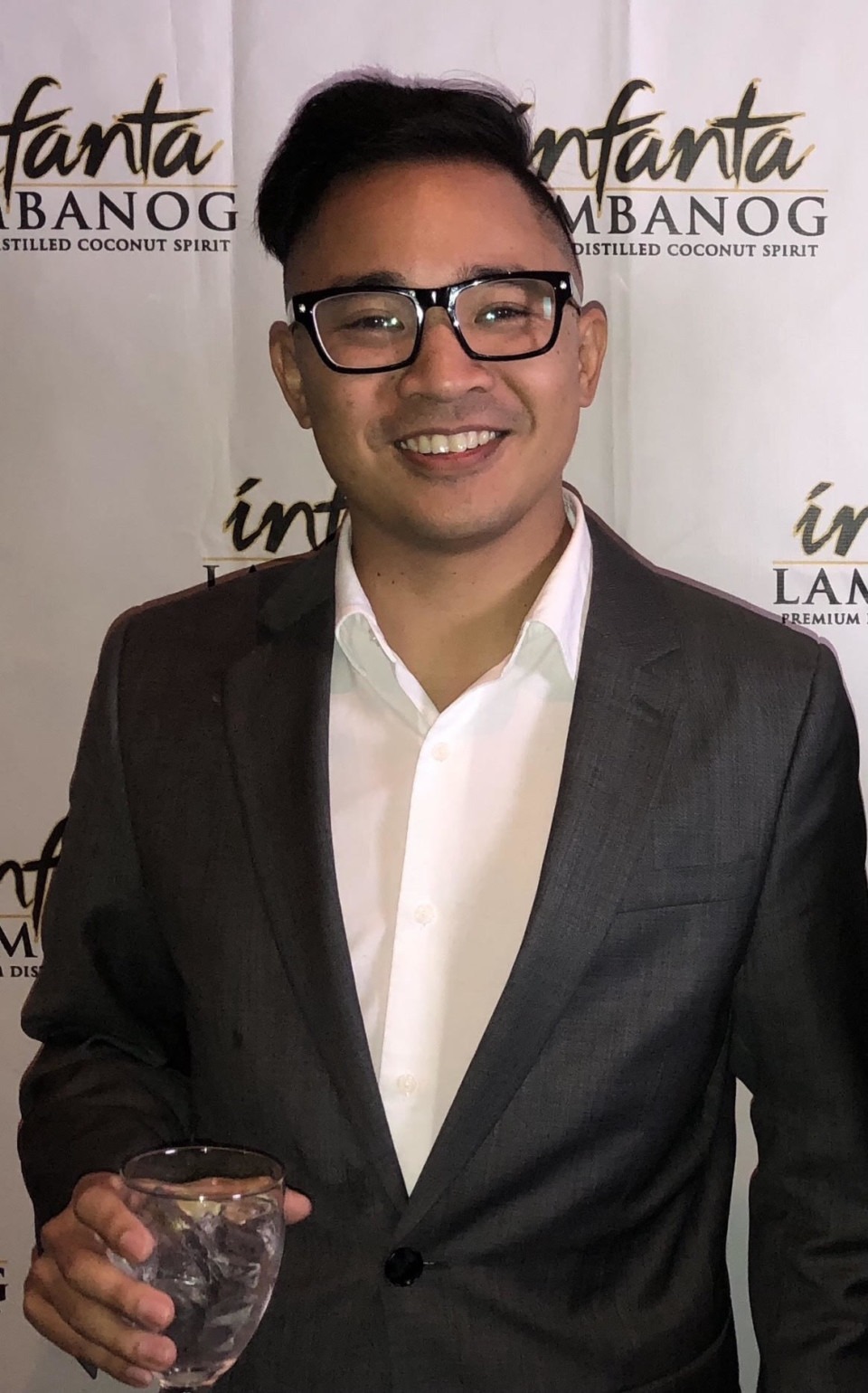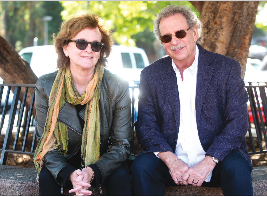What was your vision for the festival in the early years? In what ways has it grown over the past 40 years?
Mark: Initially, I was appalled at the lack of opportunities for independent films, and our focus was primarily on Bay Area filmmakers. The festival was meant to be a place where innovative ideas could be presented. The seeds were planted in the very first years for what we are now — the noncompetitive nature, films that represent a multitude of audiences. As time went on, different influences made us adapt. It’s been a progression that matures along the way, and I like that.
What would you say was the festival’s watershed moment?
Zoë: One of the watershed moments would be when we showed Shine and Secrets and Lies as co–opening night films. Both of those films went on to awards honors. That was the beginning of a moment when we started working deeply with distributors whose films were on the awards track. That was when the festival began its evolution into being the California portal for the awards season, which is what it’s been ever since.
How has your relationship to the community of Marin developed over time?
Mark: We’ve been educating [about film] in a very limited geographical area and there have been generations of people who have influenced how their sons, daughters and grandkids look at film. If Marin became known internationally as this place where film is integrated into people’s lives, that would be a great thing.
What were some of the major challenges you faced in developing the festival over the years?
Mark: Financial challenges are always there. When we started the festival, film wasn’t considered an art … or something that was a part of philanthropic ideals. There were programming challenges as well. Convincing studios to give you films 30, 40 years ago was a tough thing to do.
What can audiences expect from the festival this year and in the future?
Zoë: One of the bedrocks we’ve developed is our three initiatives. Active Cinema [explores global issues], Viva El Cine has been a response to the growing Latino and Hispanic communities in the Bay Area, and Mind the Gap is our women’s initiative.
Mark: It’s also about how you build audiences in this age where you have streaming, bigger screens and better sound [at home], audiences that have not been exposed to foreign language films at all. [We’re keeping] alive that goal of celebrating festival films that we’ve grown and supported for 40 years.

Bernard Boo is an AAPI arts and entertainment critic, Bay Area native and proud member of the San Francisco Bay Area Film Critics Circle. Find more of his work at PopMatters, Den of Geek and Rotten Tomatoes, and listen to him on the Your Asian Best Friends podcast.


